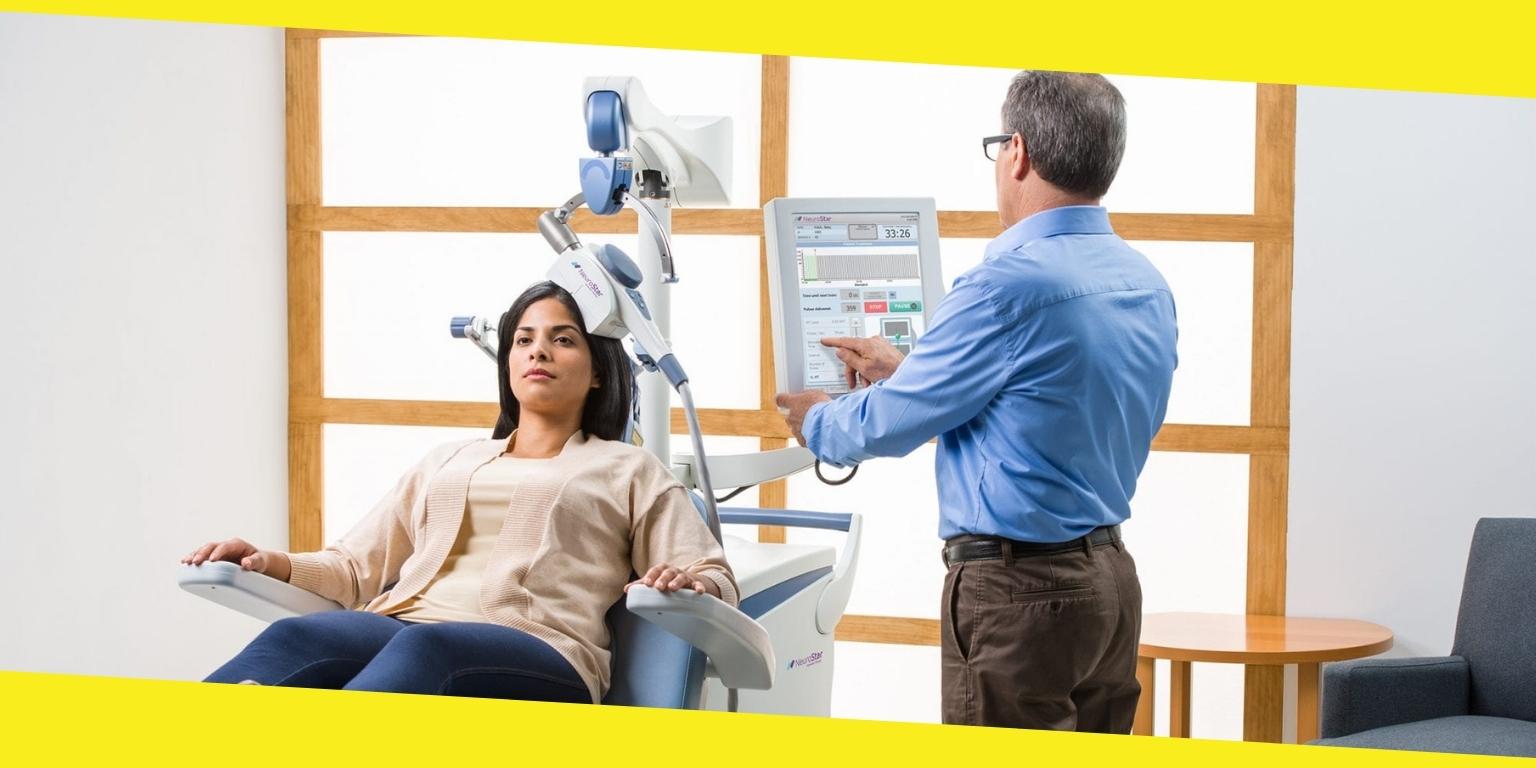TMS Therapy and What It Entails

Your mental health is as involved as other aspects of your health in ensuring you have as fulfilling a life as possible. Most mental issues are not taken seriously as they do not exhibit physical symptoms. This can make them ridiculed and assumed to be made up. Mental conditions are natural and have real-life consequences, as evident by the continuous development of mental institutions in most health facilities worldwide. Dr. Alejandra Suzuki Irvine is a renowned mental health specialist with experience and vast expertise in dealing with mental health problems through techniques like TMS therapy. TMS therapy and all it involves are further discussed below.
What is TMS therapy?
Transcranial magnetic stimulation therapy is a treatment method involving magnetic fields to trigger brain nerve cells to alleviate the effects of depression. This option is usually applied when other techniques are not working. These magnetic pulses are introduced one after the other, making them known as repetitive TMS.
How TMS therapy works
First, an electromagnetic coil is put close to the forehead on the scalp. The coil produces a magnetic pulse with no pain to trigger nerve cells in the areas of the brain that deal with depression and mood control. This stimulates areas in the brain to increase activity in depression.
The exact way the technique is successful is not well comprehended, but the pulses seem to affect how the brain functions, therefore, improving moods and alleviating signs of depression. This therapy works in different ways depending on the specialist and desired results.
When treatment plans for depression like psychotherapy and drug prescription do not work, repetitive TMS can be used for improved results.
TMS is non-invasive, unlike procedures like vagus nerve stimulation which need electrode implantation through surgery. It does not need anesthetic sedation or leads to seizures like electroconvulsive therapy. Despite all this, it is a medical procedure and has associated side effects that dissipate over time, such as:
- Scalp discomfort where the stimulation happened
- Headache
- Lightheadedness
- Spasms or tingling of facial muscles
Physicians can vary the level of stimulation to inhibit symptoms. They can also recommend drugs for pain before the operation. Some rare effects that can occur include:
- Mania for patients with bipolar disorder
- Seizures
- Loss of hearing if the ear is not well protected during the operation
Before you get the procedure done, you need to get a physical exam accompanied by other necessary lab tests. A psychiatric evaluation is also crucial to assess your depression. Important information you need to tell your physician includes:
- Whether you are taking any prescription drugs, vitamins, or herbal supplements before the treatment
- If you have any implanted medical appliances in your body. Some metal implants can handle TMS, but the magnetic field is harmful to people with implanted stimulators.
- If you are pregnant
- If you have another mental health issue
- Whether you have a history of seizures
- Prior TMS treatment
- Brain damage from injury or illness
Considering this treatment involves your brain and its sensitive nature, any relevant information should be provided to your physician to avoid any random effects. For more questions about TMS therapy, visit our website, or call our offices in Irvine, CA.
Recommended For You
How to Get Started With CrossFit
Most Inside
Most Inside offers high-quality recommendations and valuable updates to enhance all aspects of your life, providing premium guidance and enriching experiences.




